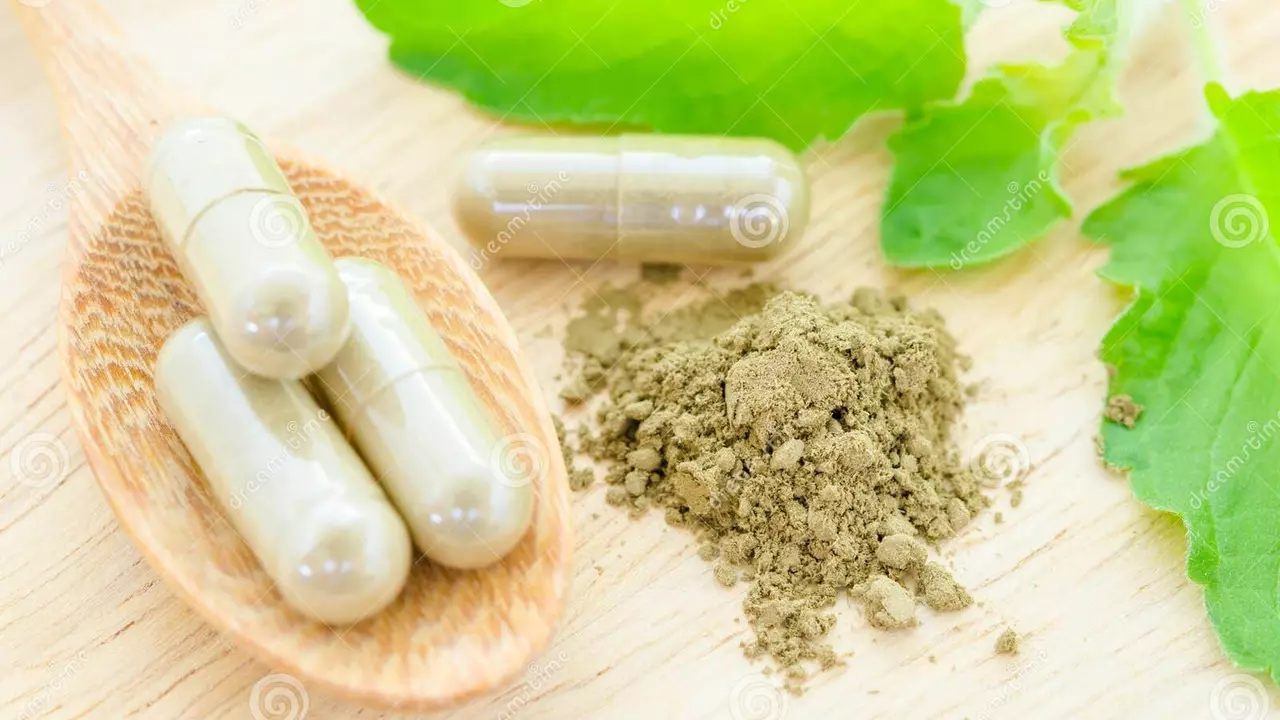Can Supplements Help Prevent or Repair Joint Damage? A Comprehensive Guide
 Jun, 18 2023
Jun, 18 2023
Understanding Joint Damage and the Role of Supplements
Before we dive into the world of supplements and their potential benefits for joint health, it's important to understand the basics of joint damage. Our joints are the points where two or more bones meet, allowing for movement and flexibility. Over time, the cartilage that cushions these joints can wear down, leading to pain and limited mobility. There are several factors that contribute to joint damage, including age, injury, and certain medical conditions like arthritis.
Supplements have become increasingly popular as a way to support overall health, including joint health. While there is no magic pill that can completely prevent or reverse joint damage, certain supplements may provide some relief and support for those experiencing joint issues. In this comprehensive guide, we'll explore the science behind some of the most popular joint health supplements, as well as offer advice on how to incorporate them into your daily routine.
Glucosamine and Chondroitin: The Dynamic Duo
Glucosamine and chondroitin are two of the most well-known and widely studied supplements for joint health. These natural compounds are found in and around the cartilage that cushions our joints, and they play a crucial role in the maintenance and repair of this vital tissue. Research has shown that taking glucosamine and chondroitin supplements may help slow the progression of joint damage and provide relief from joint pain, particularly in those with osteoarthritis.
When selecting a glucosamine and chondroitin supplement, look for products that contain both compounds, as they are believed to work synergistically to enhance their individual benefits. It's important to note that these supplements may take several weeks to show noticeable results, so patience is key. As always, talk to your doctor before starting any new supplement regimen, especially if you're currently taking other medications.
Omega-3 Fatty Acids: Reducing Inflammation for Healthier Joints
Omega-3 fatty acids, primarily found in fish oil, are well-known for their numerous health benefits, including their potential to support joint health. These essential fats have powerful anti-inflammatory properties, which can help reduce the inflammation that often accompanies joint damage and arthritis.
Research has shown that incorporating omega-3 supplements into your daily routine can help alleviate joint pain, improve mobility, and even slow the progression of arthritis in some cases. To reap the benefits of omega-3 fatty acids, look for high-quality fish oil supplements or consider adding more fatty fish, like salmon and mackerel, to your diet.
Collagen: Building Blocks for Healthy Joints
Collagen is a protein that makes up a significant portion of our body's connective tissues, including the cartilage in our joints. As we age, our body's natural collagen production decreases, which can contribute to the wear and tear of our joints. Collagen supplements have gained popularity in recent years as a way to promote joint health and combat the effects of aging.
Studies have shown that taking collagen supplements may help improve joint pain and stiffness, as well as support the growth of new cartilage. When shopping for collagen supplements, look for products derived from high-quality sources, such as grass-fed bovine or wild-caught fish.
Curcumin: A Natural Approach to Joint Pain Relief
Curcumin, the active compound in turmeric, has been used for centuries in traditional medicine for its potent anti-inflammatory and antioxidant properties. Recent research has confirmed these benefits, suggesting that curcumin may be a promising natural treatment for joint pain and inflammation.
Several studies have shown that curcumin supplements can help reduce pain and improve joint function in individuals with arthritis, often with fewer side effects than traditional pain relievers. When selecting a curcumin supplement, look for products with added black pepper extract, as this can enhance the absorption of curcumin in the body.
Vitamin D: Supporting Bone Health and Beyond
Vitamin D is essential for maintaining strong bones and overall health, but it may also play a role in joint health. Some research suggests that low levels of vitamin D may be associated with an increased risk of joint pain and arthritis. Additionally, vitamin D has anti-inflammatory properties, which can help alleviate joint discomfort.
While vitamin D can be obtained naturally through sun exposure and certain foods, many individuals are deficient in this crucial nutrient. Talk to your doctor about testing your vitamin D levels and consider adding a supplement if needed to support not only joint health but overall well-being.
In conclusion, while supplements alone cannot completely prevent or repair joint damage, incorporating some of the supplements discussed in this guide may provide relief and support for those struggling with joint pain and discomfort. Always consult with a healthcare professional before starting any new supplement regimen and remember that maintaining a healthy lifestyle, including regular exercise and a balanced diet, is crucial for keeping our joints healthy and strong.


Caden Little
June 18, 2023 AT 23:29Sebastian Brice
June 20, 2023 AT 01:43Jim Aondongu
June 21, 2023 AT 04:59Michael Schaller
June 21, 2023 AT 06:27Kyle Tampier
June 21, 2023 AT 23:22Sierra Thompson
June 23, 2023 AT 09:52Khaled El-Sawaf
June 24, 2023 AT 01:12Nawal Albakri
June 25, 2023 AT 13:13Musa Aminu
June 25, 2023 AT 23:37robert maisha
June 27, 2023 AT 22:04Robert Andersen
June 29, 2023 AT 15:34Eric Donald
June 30, 2023 AT 22:04